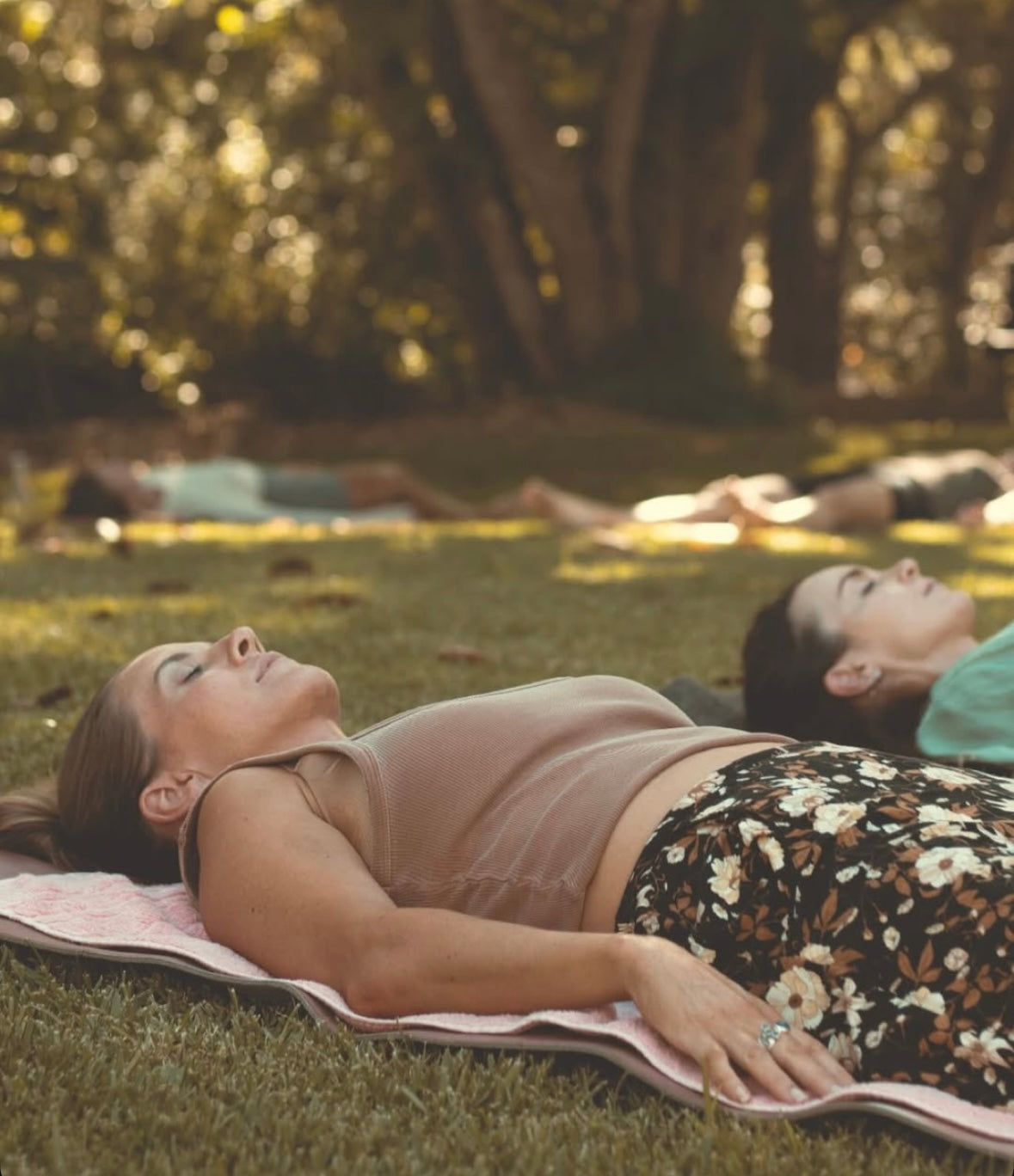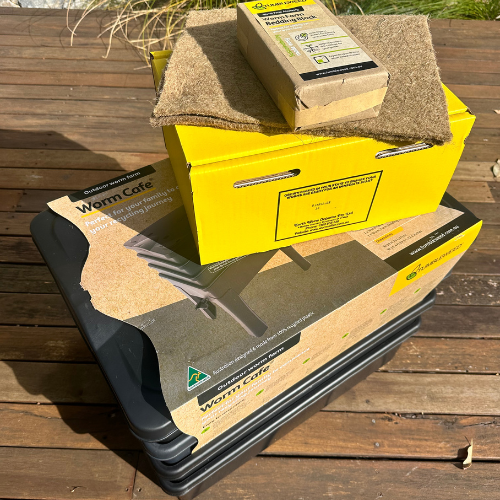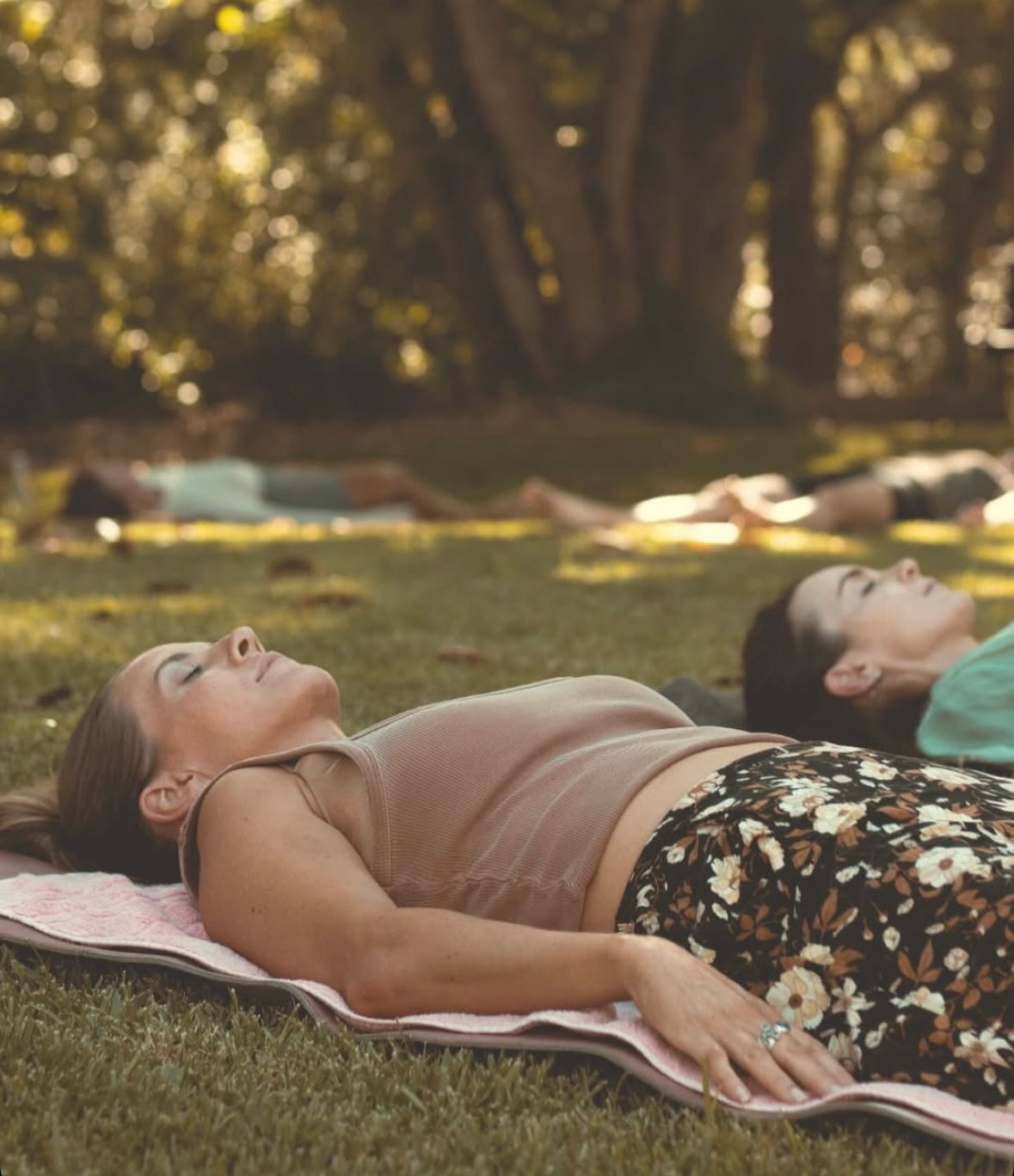As a naturopath and a mum, I know firsthand the importance of a good night's sleep. It's not just about feeling rested; it's about supporting your overall health and well-being. Sleep is a cornerstone of health, and for many adults, achieving quality rest can be a challenge. Here are some naturopathic tips to help you get the sleep you need.
Herbal Remedies and Supplements
Valerian Root: Valerian is a well-known herb used to treat insomnia and anxiety. It works by increasing levels of a neurotransmitter called GABA, which helps calm the nervous system.
Chamomile: This gentle herb is often used in tea form to promote relaxation. Chamomile has mild sedative effects, making it perfect for winding down in the evening.
Magnesium: Magnesium is a crucial mineral that helps regulate the nervous system. Taking a magnesium supplement before bed can help relax your muscles and promote deeper sleep. I believe magnesium to be the number one supplement everyone could be taking!
Melatonin: Melatonin is a hormone naturally produced by the pineal gland that regulates sleep-wake cycles. Supplementing with homeopathic melatonin can be particularly helpful if your circadian rhythm is out of sync, such as after traveling across time zones. However, we will discuss further on, how to set your circadian rhythm without supplements.
Lavender: Lavender can be used as an essential oil in a diffuser or as a supplement. It has calming properties that can reduce anxiety and promote restful sleep. Even if you think you hate the smell of lavender like I did my whole life, it's worth a try, and now I don't mind it!
Bedtime Rituals
Establish a Routine: Going to bed at the same time each night and waking up at the same time each morning helps regulate your body’s internal clock.
Create a Calming Environment: Ensure your bedroom is dark, cool, and quiet. Consider using blackout blinds to keep out any unwanted light and noise.
Limit Screen Time: The blue light emitted by phones, tablets, and computers can interfere with melatonin production. Try to avoid screens at least an hour before bed.
Drink Herbal Tea: A cup of chamomile or valerian root tea can be a soothing part of your bedtime routine.
Practice Relaxation Techniques: Techniques such as deep breathing, meditation, or a gentle yoga routine can help calm your mind and prepare your body for sleep.
Daytime Rituals to Set Your Circadian Rhythm
Morning Sunlight: Exposure to natural light first thing in the morning helps regulate your circadian rhythm. Try to spend at least 10-15 minutes outside each morning.
Physical Activity: Regular exercise can help you fall asleep faster and enjoy deeper sleep. Aim for at least 30 minutes of moderate exercise most days, but try to avoid vigorous activity close to bedtime.
Limit Caffeine: Be mindful of your caffeine intake, especially in the afternoon and evening. Caffeine can stay in your system for up to 8 hours and disrupt your sleep. You may be more sensitive than you realise and it could be affecting you. I have realised I am so sensitive to caffeine that I can't even have black tea based chai! I had one yesterday hoping it would be ok. I was very wrong! I felt awful all day, went to bed early then woke for 2hrs and 2am! So next time you have a green or black tea, take note of how you feel and sleep that night.
Consistent Meal Times: Eating your meals at the same times each day can help regulate your internal clock. Avoid heavy meals and alcohol close to bedtime. I feel like some of these go without saying, however, sometimes we just need these reminders!
Consider Sleeping Separately
If you share your bed with a partner, their movements or sleep habits might be affecting your sleep quality. Consider sleeping in separate beds a few nights a week to see if you rest better on your own. It doesn’t mean there’s anything wrong with your relationship; it’s about ensuring both of you get the best sleep possible. If we had the choice, my husband and I would do this. He snores like a freight train and it ruins my sleep.
If You’re the Snorer
If you’re the one causing the nighttime noise, here are a few tips that might help:
- Thinner Pillow for Back Sleepers: A thinner pillow can help keep your head in a position that reduces snoring.
- Higher Pillow for Side Sleepers: Elevating your head with a higher pillow can help keep your airway open.
- Mouth Taping: If you can breathe through your nose without issues, mouth taping can encourage nasal breathing and reduce snoring. Just be sure to use a safe, medical-grade tape. Also remind yourself throughout the day, mouth is for eating, nose is for breathing!
Quality sleep is essential for maintaining overall health and well-being. By incorporating these herbal remedies, supplements, and both bedtime and daytime rituals into your routine, you can support your body's natural sleep processes. Remember, small changes can make a big difference, so start incorporating these tips today and enjoy the benefits of better sleep.






